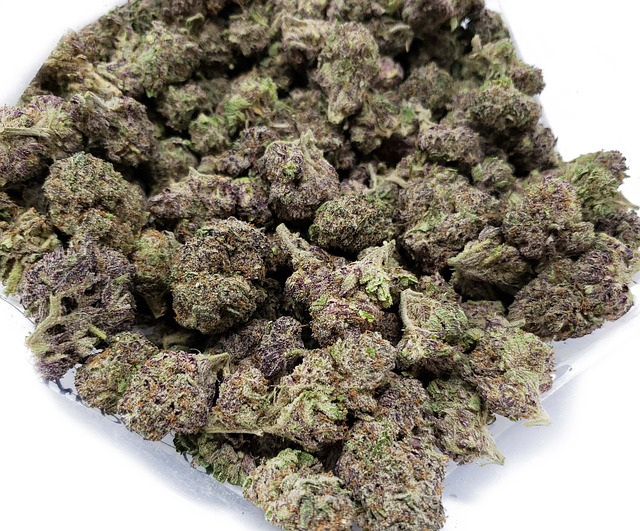In Alabama, THCA (tetrahydrocannabinolic acid), a non-psychoactive cannabinoid with potential therapeutic benefits, is legally recognized for medical use under the Alabama Compassionate Care Act. This Act allows qualified patients with debilitating conditions, as certified by an Alabama-licensed urologist, to access THCA within a regulated framework. Only state-licensed dispensaries can supply these products, and it's crucial for users to stay updated on medical cannabis regulations to avoid legal issues. THCA is permitted under strict conditions that limit THC content to 0.3% or less, as per the 2018 Farm Bill and Alabama state laws. Users should be aware of potential side effects like dry mouth, red eyes, drowsiness, and low blood pressure, and those with health concerns must exercise caution due to interactions with other medications. It's important to purchase from reliable suppliers providing accurate labeling for a safe and effective experience. In Alabama, the use of THCA is subject to state regulations, necessitating careful consideration of individual health factors and adherence to legal guidelines for its therapeutic use.
Exploring the nuanced landscape of THCA flower legality, this article sheds light on its status in Alabama and offers a deep dive into the effects and side effects associated with its consumption. Delve into the intricacies of how dosage and individual health factors can influence the experience, providing readers with a clear understanding of managing potential side effects for a safe and informed engagement with THCA flower. Whether you’re new to cannabinoids or seeking to expand your knowledge, this comprehensive guide is an essential read for anyone interested in the therapeutic properties and legal considerations of THCA flowers.
- Navigating THCA Flower Legality in Alabama: A Comprehensive Guide
- Understanding the Potential Effects of THCA Flower Consumption
- Identifying and Mitigating Side Effects Associated with THCA Flowers
- The Role of Dosage and Individual Factors in THCA Flower Experience and Side Effect Management
Navigating THCA Flower Legality in Alabama: A Comprehensive Guide
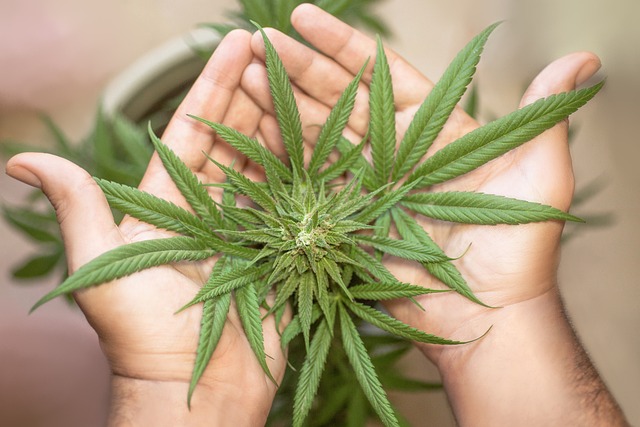
Navigating the legality of THCA flower in Alabama can be a complex task due to the evolving nature of cannabis laws at both state and federal levels. As of the current understanding, THCA, or tetrahydrocannabinolic acid, which is the raw form of THC found in the cannabis plant, is legal in Alabama under certain conditions. The Alabama Compassionate Care Act allows for the cultivation, processing, and dispensing of cannabis for medical use by qualified patients with a debilitating medical condition as recommended by an Alabama-licensed Urologist. This act specifically includes THCA among the allowable cannabinoids that can be used for therapeutic purposes. However, it’s important to note that the possession, sale, and cultivation of any cannabis product, including THCA flower, are strictly regulated and must comply with the state’s medical marijuana program. Patients who have a prescription for medical marijuana can legally access THCA products through state-licensed dispensaries. It’s crucial for individuals to stay informed about the latest updates on Alabama’s cannabis laws, as compliance with these regulations is essential to avoid legal complications. Those interested in using or handling THCA flower in Alabama should prioritize understanding the specific provisions of the Compassionate Care Act and adhere to the guidelines set forth by state authorities.
Understanding the Potential Effects of THCA Flower Consumption
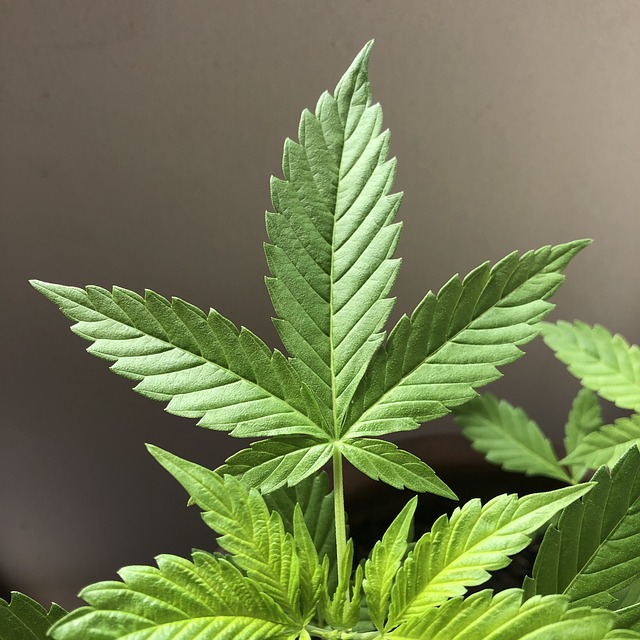
THCA, or tetrahydrocannabinolic acid, is the precursor to THC, the psychoactive component of cannabis that is well-known for its psychological effects. As legal landscapes evolve, such as in Alabama where certain forms of THCA are permitted under specific conditions, understanding the potential effects of THCA flower consumption becomes increasingly relevant. THCA is non-psychoactive, meaning it does not induce the ‘high’ associated with its decarboxylated form, THC. However, it is believed to retain many of cannabis’ therapeutic properties, such as pain relief and anti-inflammatory effects.
Consumption of THCA flower may lead to a variety of physiological responses, including potential analgesic, anti-nausea, and anti-anxiety benefits. Users may experience reduced inflammation, improved appetite, and alleviation of various symptoms without the intoxicating side effects typically associated with THC. In Alabama, where the legal status of cannabis derivatives can be complex due to state versus federal laws, it is crucial for consumers to understand the distinctions between different cannabinoids and their respective legal standings. Engaging in informed consumption practices within the legal boundaries set forth ensures a safer experience and adherence to regulations that govern the use of these substances. Understanding the nuances of THCA’s potential effects, especially in the context of its legality in Alabama, is essential for both medical and recreational users alike.
Identifying and Mitigating Side Effects Associated with THCA Flowers
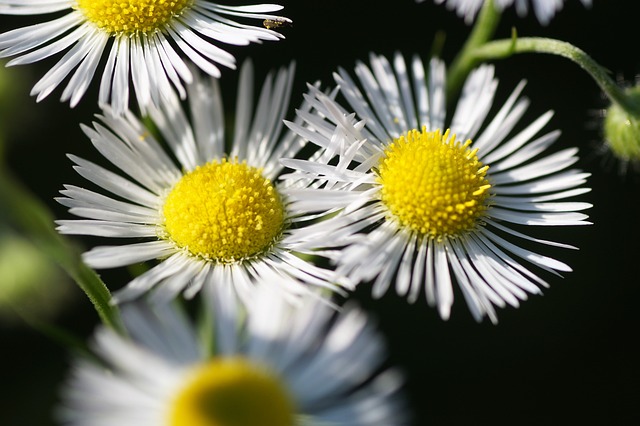
While tetrahydrocannabinolic acid (THCA) flowers, which are non-psychoactive precursors to THC found in hemp and cannabis plants, have garnered attention for their potential therapeutic benefits, it is crucial to be aware of the side effects associated with their use. Identifying these side effects is key to ensuring safe consumption and mitigating any negative impacts. THCA flowers are legal in Alabama under certain conditions; specifically, they must contain less than 0.3% delta-9-tetrahydrocannabinol (THC) on a dry weight basis according to the 2018 Farm Bill and Alabama state laws. Users should be vigilant about the product’s origin and composition to adhere to these regulations, as well as to avoid unintended THC consumption which could lead to psychoactive effects.
Common side effects of THCA flowers may include dry mouth, red eyes, drowsiness, and a temporary decrease in blood pressure. These effects are generally mild and short-lived, but individuals with certain health conditions should approach THCA flowers with caution. To mitigate these side effects, it is recommended to start with a low dose and gradually increase as needed while monitoring one’s response. Additionally, staying hydrated can help alleviate dry mouth, and users should be aware of how THCA might interact with other medications they are taking. Consumers should always source THCA flowers from reputable providers who provide clear labeling and dosage instructions to ensure safety and efficacy.
The Role of Dosage and Individual Factors in THCA Flower Experience and Side Effect Management
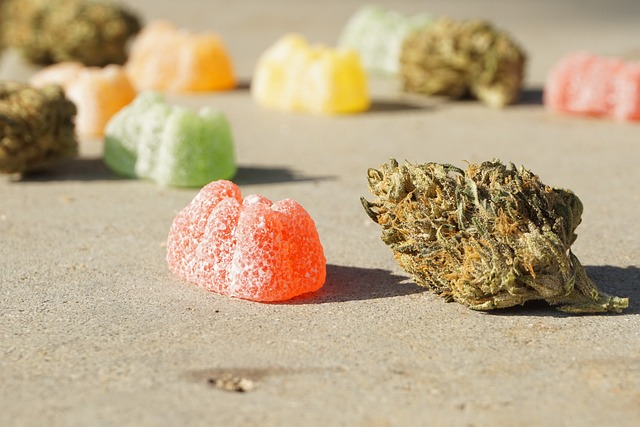
THCA, or tetrahydrocannabinolic acid, is a non-psychoactive cannabinoid found in the hemp plant that has garnered attention for its potential wellness benefits. As interest in THCA flower grows, understanding how dosage and individual factors influence its effects and side effects becomes crucial for an optimal experience. Dosage plays a pivotal role in the therapeutic and side effect profiles of THCA; lower doses may offer wellness benefits without psychoactive effects, while higher doses could potentially induce mild side effects such as drowsiness or dry mouth. The variability in individual responses to THCA is significant, with factors like metabolism, tolerance, and personal physiology all contributing to the unique experience of each user. These individual differences underscore the importance of a ‘start low and go slow’ approach when incorporating THCA flower into one’s wellness regimen, especially as THCA products become more accessible, such as in Alabama where they are legal provided they meet certain THC content limitations.
In Alabama, where THCA products can be legally consumed within the specified guidelines, it is imperative for users to pay close attention to their body’s response to the cannabinoid. Factors such as personal health conditions, medication interactions, and genetic predispositions can all affect how one reacts to THCA. For instance, individuals with a sensitivity to cannabinoids may experience more pronounced side effects even at lower doses. Conversely, those with a higher tolerance may require larger quantities to feel the desired effects. It is also worth noting that the manner in which THCA flower is consumed can influence its efficacy and side effects; different administration methods, like smoking or vaporizing, can lead to varying levels of bioavailability. As such, personalization of THCA use is key to managing potential side effects while maximizing wellness benefits. Users should always consult with healthcare professionals when integrating new supplements into their routines and should adhere to state regulations regarding the legal use of hemp-derived products.
navigating THCA flower legality, potential effects of THCA flower consumption, side effects associated with THCA flowers, dosage factors, individual experience management, THCA legal in Alabama
In concluding our exploration of the burgeoning landscape surrounding THCA flower usage, it’s clear that while this cannabinoid offers a host of potential benefits, understanding its legal status—particularly within Alabama—is paramount. As with any substance, individual responses to THCA flowers can vary significantly, influenced by dosage and personal physiology. It’s crucial for users to approach THCA flower with caution, paying heed to the guidance on managing side effects responsibly. With a growing body of research and increased regulatory clarity, both consumers and policymakers are better equipped to navigate this evolving field safely and knowledgeably. For those in Alabama considering THCA flower as part of their wellness regimen, it’s advisable to stay informed on the latest legal developments and to consult with healthcare professionals to ensure a safe and beneficial experience.
